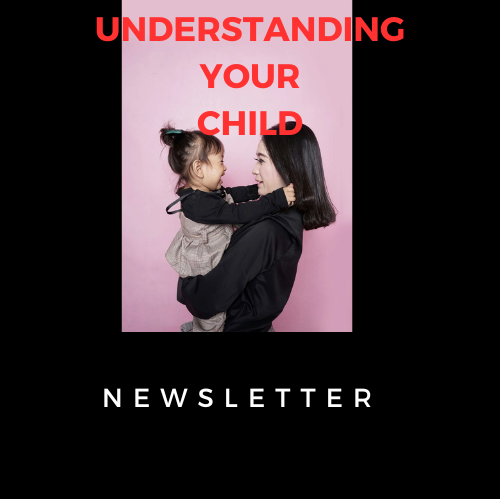 NewsLetter #2 May 14, 2024
NewsLetter #2 May 14, 2024
Your Child’s Ego Boundaries
Young children live in a peculiar world. It’s much different from that where we adults live. One might describe the child’s world as very fluid. The boundaries that separate their subconscious and their conscious thoughts are permeable. They lack the rational thought process that, in the adult’s mind, examines every intrusion. In children younger than 12 years of age, that mental process has not developed yet.
Your child absorbs experiences much more directly than you do. Her sensory experiences are more intense, As adults, our cognitive skills and structures reframe our sensory experiences, keeping them grounded within our rational understanding of our world. Walt Disney used to produce monster creatures on film by filming small animals, like a lizard, and blowing up the image on the screen. This is a child’s mind. It has no sense of rational proportion as a measuring rod of reality.
Your Child’s Internalization of Reality
The boundaries between what’s happening outside your child’s mind and what’s happening inside are flexible and permeable. Here, you must remember that your child’s understanding of the world is developing. The process of taking information from an event in the environment and producing a mental model of that event is called internalization. In producing mental models of events outside our minds, we create those events inside our minds using symbols. We say that the human mind “internalizes” the outside event.
The process of internalization is important, because it is part of the process whereby your child comes to understand the world. Your child daily internalizes events in her world. In her early years, these internalized models lack language aspects, because language has not yet emerged in her skill repertoire. When language begins to emerge in her skill set, it will be only partially developed. Your child will not be working with a full, adult language skill set. Even without language, your child is internalizing. Thus, you will have provided your child a model of life through your non-linguistic behavior long before she has understood a word you say to her.
The Adult’s Role in Raising Children
One can easily see that children need the help of adults. To provide that help, adults have to understand the skill set that a child has. What’s happening in a child’s mind is not obvious from the adult perspective. Interacting with children, adults too easily project their own skill sets onto the child. When this happens, the adult sometimes views the child’s responses in moral terms. The child is “being bad.” The child’s transgressions of adult rules are viewed by the adult as intentional. Or just as bad, the adult views the child as seeking attention. These types of adult interpretations block their view of the child’s real needs. These interpretations set in motion adult-child interactions that distort the relationship. The adult becomes locked into a punitive relationship with the child. This relationship will have far-reaching negative consequences. Thus, understanding how your child’s mind is developing and knowing what skills are emerging during each year of your child’s life is important to be able to give your child the support she needs in her journey to adulthood.